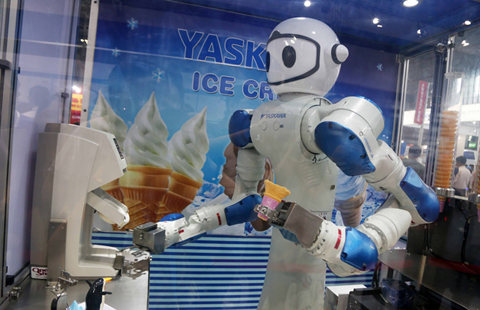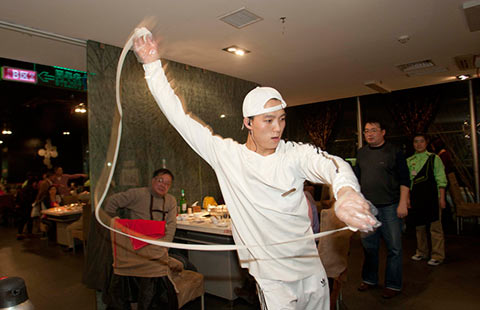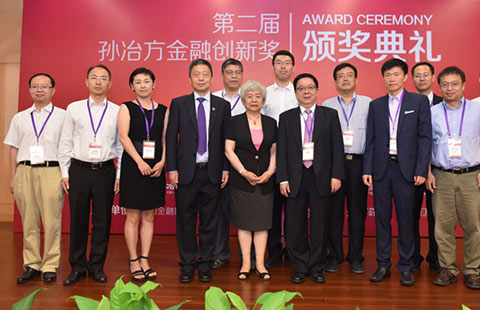Growth stable, meets expectations, Xi says
By WANG YANFEI/XIN ZHIMING (China Daily) Updated: 2016-07-09 07:35Nation to press on with supply-side reform, but transition from old economic drivers takes time
China's economic growth is "basically stable and in line with expectations", President Xi Jinping said at a meeting with Chinese economists in Beijing on Friday.
The country will firmly push ahead with the supply-side structural reform and continue to implement prudent monetary and proactive fiscal policies, he said.
But the transition from old to new economic growth engines will take some time, although new growth engines are playing an increasingly larger role in boosting growth, he said.
The sound long-term economic fundamentals remain unchanged, and the economy still has good resilience and big potentials, Xi said, providing room for coping with the current challenge of economic slowdown. The economic restructuring process remains on track, he added.
Policymakers will use stable macroeconomic policies to anchor social expectations and use major reform measures to raise social confidence in the country's development, he said.
The UK's recent "Leave" vote has convulsed the global financial markets and major economies have had diversified growth performances. In this global economic environment of weaker growth and higher uncertainty, China's external demand will be adversely affected, said a report by investment bank UBS.
But "as the Chinese government remains committed to delivering its growth target, we expect policy support to be stepped up again, should downward economic pressures from either domestic demand or exports intensify", it said.
The UBS forecast that China's fixed-asset investment could have edged up in June, although exports may have fallen. The National Bureau of Statistics will release growth-related data for June and the overall first half of this year next week.
"China faces quite heavy downward growth pressure," said Zhang Yiping, an economist at China Merchants Securities. But seen from recent data, the effect of supply-side structural reform on manufacturing has become apparent and the reduction of excessive production capacity has made headway, he said.
The large number of newly begun projects in the first half of this year will help prevent economic growth from falling drastically, he added.
A financial operation report released by the People's Bank of China, the central bank, on Friday said that "at the next stage, China's monetary policy tool should be used flexibly, economic restructuring and reform will be pushed, and the role of fiscal policy will be further brought out".
In the second half of this year, China should continue to carry out the supply-side structural reform and take more growth-stabilizing measures, said Niu Li, director of macroeconomics at the State Information Center. "Stabilization of growth is the most important task," he said, adding that China will adopt the most appropriate policies in line with the changing situation to ensure growth remains within the targeted range.
- Growth stable, meets expectations, Xi says
- Dandong Xintai delisting starts over IPO fraud
- LeEco to sell phones in US market
- Passenger vehicle sales recover in first half
- Lifan to plug into green car rental business
- Tougher rules for ads on internet released
- Museum to launch ancient emperor emojis in cyberspace
- State promotes public-private partnerships


















